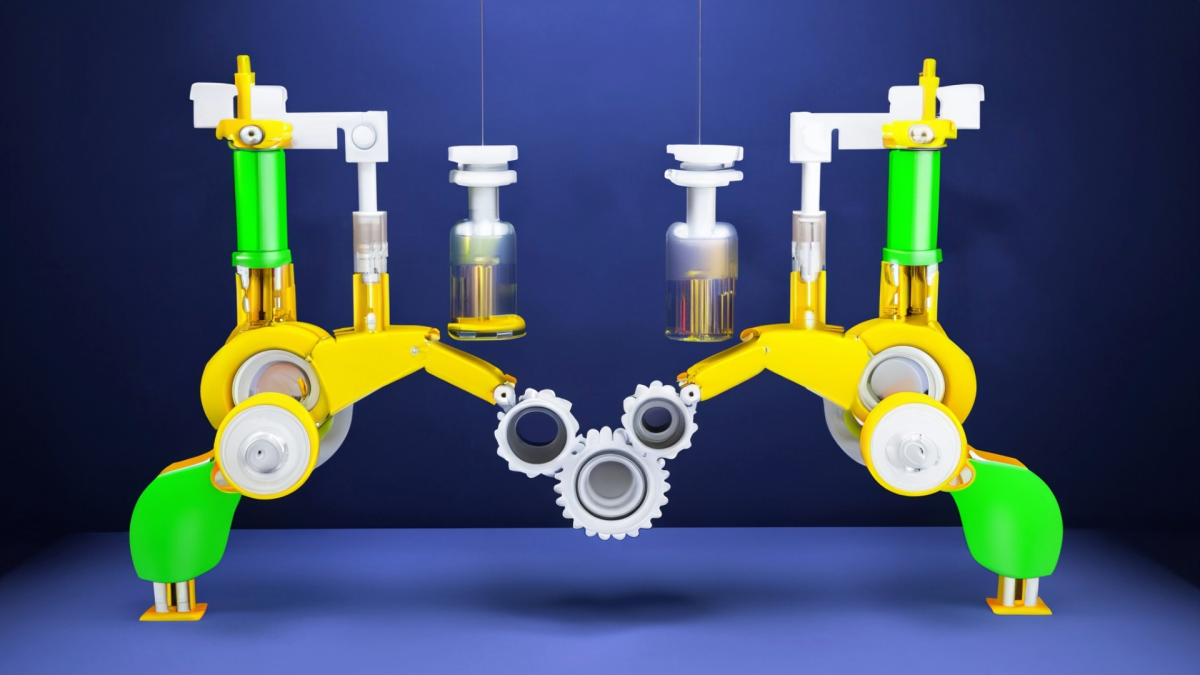Grades:
5th Grade
This is the 2nd part in a 4-lesson series. This lesson is on the fins and how they work with balanced and unbalanced forces. Students will need the worksheet, the article for read and reflect, foam
Grades:
6th Grade, 7th Grade, 8th Grade
In groups students will construct a roller coaster made completely out of paper that a marble can travel on. The goal is to have the "ride" last for a longer time than other and be able to explain the
Grades:
2nd Grade
Students will design and build the tallest tower/structure using candy/marshmallows and toothpicks.
Grades:
5th Grade
Summary: Today we will observe and test five known mystery powders, identify examples of physical and chemical reactions to determine who committed the crime. Materials: 6 teaspoons or small spoons
Grades:
5th Grade
This is the second lesson in the series of lessons comparing how garden growing techniques determine plant growth/production. In this lesson, students will research the best types of plants to grow
Grades:
4th Grade
This would be an end of the unit project. Students would need prior knowledge about animal adaptations and biomes/habitats. Students will use Flipgrid to share, but you could use any other video app
Grades:
6th Grade, 7th Grade
Students explore the relationship between the speed(rate of travel) of an object, the distance it travels, and the amount of time it travels for. Teachers may use: A- Air rockets(from a previous
Grades:
Kindergarten
Students will analyze shadows to determine how light moves and changes throughout the day.
Grades:
7th Grade
In this engaging lesson, students will use 2-3 days to build a land yacht with Lego BricQ sets. They will test different winds and angles, and then use their lab to introduce Newton's third law of
Grades:
7th Grade
Students create a video-tutorial that talks about Direct and Inverse Variation in this creative lesson. This material will showcase their full understanding about the type of variation they have
Grades:
6th Grade, 7th Grade, 8th Grade
Model Building For Disaster is a 4-6 week unit in which students research natural disasters around the world and their effect on developing countries. Following their research, student teams design
Grades:
8th Grade
This lesson took place in a 90 minute after school STEM club (could work in 2 - 45 minute class periods). Students may work in small groups of 2-4. An emphasis on sample collection and analytical
Grades:
6th Grade
In this lesson, students will identify the significance of the shapes found in and around their home. Making these connections will provide a real-world framework to their understanding of mathematics
Grades:
3rd Grade, 4th Grade, 5th Grade, 6th Grade, 7th Grade, 8th Grade, 9th Grade, 10th Grade, 11th Grade, 12th Grade
In this hands-on lesson, students use the engineering design process (EDP) to create a prototype of a device that can prevent squirrels from accessing a bird feeder. This is a great way to integrate
Grades:
6th Grade
In this unit, students will study the effects of atmospheric pressure and air resistance on objects to engineer a landing apparatus to land cargo in space. They will then write a Claim based on
Grades:
Kindergarten
Students will be able to observe and recognize that a thermometer is a device that is used to measure a change in temperature.
Grades:
5th Grade
Students will be using their science and math knowledge to engineer a golf course! This is a great way for students to use that knowledge in a real life way! Students get the chance to explore how
Grades:
4th Grade
Students will engage in an activity that helps us understand the effect of fracking on the environment by digging for oil (chocolate chips) from their mining site (cookie). Agenda: Fracking pictures
Grades:
3rd Grade, 4th Grade, 5th Grade, 6th Grade
Students will create an original design using only plastic bags in this creative lesson. They will reuse plastic bags to create a useful product they could sell. Students will use evidence to
Grades:
3rd Grade, 4th Grade, 5th Grade
Analyze and interpret data they have collected from an owl pellet dissection to answer a question. Use a dichotomous key to identify bones of prey species found in an owl pellet. List of Materials owl
Grades:
4th Grade
Students will learn how weather and climate can impact planting in this second lesson out of 4. Agenda What is weather? What is climate? What is the difference between weather and climate? How will
Grades:
7th Grade
Students (over 2-3 days) use BricQ parts and pieces to create a lab to test how mass affects the distance a Lego piece will travel. This hands-on lesson was designed to introduce Newton’s law #2
Grades:
4th Grade
In this lesson, students will develop and use the model of a simple circuit to explain how energy is moved through electric currents. The current and voltage in circuits with 1 dry cell and 2 dry
Grades:
5th Grade
In this lesson, students will be measuring the dimensions of the classroom, then calculating its perimeter, area, volume and (optional) surface area. Then they will participate in a design challenge
Featured Lesson Plans
Check out these notable lesson plans.

Grades:
Kindergarten, 1st Grade, 2nd Grade
This lesson combines ELA (reading and discussing the story), engineering (design a balloon with materials given and attach the balloon to an EdBot), and technology (code an EdBot to run the parade

Featured
Pumpkin Jack Part One
Grades:
4th Grade
This lesson includes fourth grade reading, writing, math, science, and engineering standards. The potential is endless with additional enrichment activities. Students participate in the nurturing and

Featured
Simple Machines Save the Day
Grades:
5th Grade
In this lesson students read about simple machines and learn that simple machines make it easier to lift or move things and that they can change direction and magnitude of force. Students use LEGOs to
